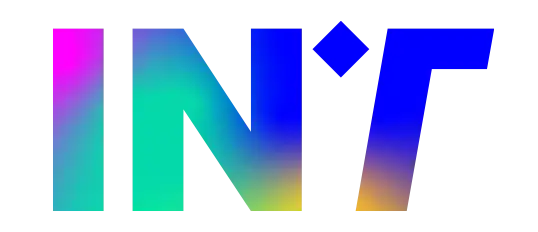In 2023, the Multiversity Group, which includes telematics universities such as Pegaso, Mercatorum, San Raffaele Roma and Sole 24 Ore Formazione, launched an innovative technological solution for university students: MultiLearn. This AI assistant, designed to respond in a personalized way to the learning needs, is presented as an educational chatbot that supports students during their academic journey, answering questions and offering insights on the topics covered in the courses.
MultiLearn is an exclusive product of telematics universities, designed to interact directly with the study content approved by the faculty. The platform is distinguished by an approach that goes beyond the simple answer to administrative questions: it is an academic ally that guides the student along his educational path, helping him to understand and deepen the concepts in a dynamic and contextual way.
A technology designed in-house
One of the aspects which makes MultiLearn particularly innovative is its technological architecture. Unlike other solutions that rely on external platforms, the Multiversity Group has developed the entire technology platform internally. This allows for optimized response management and a deep understanding of the students’ difficulties, who can thus receive targeted support in real time.
Fabio Guida, Chief Technology Officer of the Group’s universities, stresses: “We have the technological platform on which students operate. We develop it, not buy it from outside. This allows us to amplify our ability to listen to students and understand their difficulties”. The platform integrates perfectly with online lessons, both synchronous and asynchronous, allowing artificial intelligence to store and analyze content continuously, responding in real time to students’ doubts.
How does MultiLearn work?
The operation of MultiLearn is simple and effective. When a student does not understand a passage of a lesson, they can click on an icon with the teacher’s hat, which appears on their screen. This opens a window where the student can ask questions related to the content of the lesson. Unlike other AI assistants, MultiLearn is limited to answering only those questions that relate to teaching materials approved by the teacher: unwound lessons, handouts and e-books. In this way, the response is always relevant and contextualised.
The chatbot never leaves the specific context of the lesson and, if it does not find an adequate answer, it signals to the user that it is not possible to respond. This approach ensures that responses are accurate and in line with the course’s lessons, while maintaining the reliability and consistency needed for deep learning.
The power of Generative Artificial Intelligence
MultiLearn leverages the power of generative artificial intelligence, including the OpenAI model, to answer students’ questions in a natural and precise way. Although several open source models were considered, the choice of OpenAI was dictated by the need to achieve 99% accuracy in responses, with the guarantee that user data is not used for model training. One key aspect, as highlighted by the Guide, is trust in the provider and protection of students’ personal data.
The platform is designed to grow and improve continuously: currently, more than 1,000 courses are supported by MultiLearn, with over 120,000 questions managed by the system. This huge volume of interactions has allowed the chatbot to constantly refine its responses and improve the student experience.
A new challenge: interpreting complex content
One of the future developments in MultiLearn is the ability to interpret more complex content, such as graphs, models and equations. This will be possible thanks to the collaboration with the teaching staff, who are working on phase 3 of the project. With the introduction of this new feature, students will be able to delve into the more technical aspects of lectures, asking for clarifications on presentations and obtaining detailed explanations.
The biggest challenge, as Fabio Guida points out, is to maintain consistency in responses as the volume of questions increases. The design of the prompting system and the semantic analysis of the questions are therefore crucial elements to ensure that the chatbot always responds in a relevant and accurate way, avoiding that the artificial intelligence “flashes” wrong answers or out of context.
A new way of teaching
MultiLearn represents an important step towards a new model of university teaching. With its ability to answer questions in real time, adapt to the specifics of courses and support students throughout their studies, the chatbot is set to become a reference point for digital learning. Through direct interaction with the learning materials and personalized response management, MultiLearn not only improves teaching efficiency but also helps make learning more engaging and challenging.
The future of education lies in solutions like this, which use technology to break down geographical barriers and offer immediate and concrete support to students. And, with the constant evolution of the platform, it is expected that artificial intelligence will continue to play an increasingly central role in education, making the academic experience more interactive and accessible.






